30 years ago our plane arrived in London from Sydney,
Australia, in the heat of the English summer. Via Singapore, then Karachi, where Alyosha, one-year old, walked into the small airport shop and came out with two presents, a small wooden rosewood box and a head shawl which we still have; on to Delhi, then London.
We drove into London in a battered blue Mercedes we had bought in Brick Lane for 150 quid from the brother of the man who sat next to Alyosha’s father, Bahram, on the plane. That August 1991 was the driest in 36 years. The Prodigy’s Charly played into the torrid summer air as Bahram navigated streets he’d never been in - my brother Pat, a young photographer, would go on to work with The Prodigy in 1997.
Through London, on to a P&O ferry, and to France.
Our destination was Tuchan, where we had bought a little house, on a whim, for 60,000 Francs (6,000 pounds) a few months earlier.
Both of us had wanted to leave Australia, yet had no pretext or place to go until my parents, who lived in France, rang one day saying “there’s this little house in an alley in Tuchan, so sweet, lots of work to do on it, but the roof is good, so should we buy it for you and you pay us back?”
Without thinking twice we said: YES.
We stayed with my parents
in Laroque de Fa, a hamlet 20 kilometres up the road from Tuchan, while we waited to sign the final papers. Summer came, the grape picking started, and on the 19th September 1991 we drove into Tuchan.
Sadly, I have few photos of that day; however my mind retains it all. The untarmacked roads, a church bell that clanked out of time with the town hall clock, the boulangarie with its front window display stuck in the 1960s, advertising travel to Haiti, with queues the village long, so by the time it got to your turn the bread was sold out. The church with its always wide open door, even at night, a funeral procession passing, the table outside the door of the deceased, a southern tradition, waiting to be signed by the village people, smells of lavender, rosemary and wine as the cooperative was in its heyday with gallons of Fitou leaving the village in lorries destined for other areas in France and the UK. Lovers would meet in the archway halfway up the ruelle near M. Gerrard from Nice, who moved in at the same time as us . . .
It simply seemed like heaven.
We settled in, sort of
We had literally no money, and working was tough, as we needed papers. France was as difficult about immigration as it has ever been, and even though mum is French I had to go through a five-year battle to get my French citizenship, as I was fully adopted in the UK and had to prove that I was not simply fostered: adoption plénière opposed to adoption simple.
We did our best with what we had and made ends meet as our savings from Aussie dried up.
The only room which was liveable was the kitchen. We made it as functional as we could, and slept by the fireplace. I remember the first time mum sent us 10 pounds I went and bought fresh fish from the market van and got home to find I didn’t have a dish to cook it in.
Upstairs the attic, which had once housed an entire family of Spanish migrants who’d escaped through the Pyrenees mountains to France during Franco’s rule, was a tumbled ruin, other than the roof. There were a few remnants remaining of their lives: the table which I now use to write on and some scraps of newspaper clippings from the 50s. It was a large room looking out onto another house owned by little Marie Bousquette, who was a dowser.
Downstairs was an earth beaten cave where the family had kept a horse and a pig. There was a well, a water trough and a broken cart. The toilet was a hole in the ground and we would wash from a large metal bucket.
But it was home
Bahram eventually left for the UK, because he could not work in France. I stayed on with Alyosha who soon went to school, her English eroded into French, and her days were long walks up the mountains - something she still loves - and sleepovers in the attic with her friends, until we left 7 years later for Montreal, Canada, leaving Valentin the house keys.
Slowly over the years we have made the house ours. Friends and family have all helped in the transformation, plastering, painting, and leaving their personal imprint.
Andrew, a friend, staggered 50 kilos of decorative Mexican tiles down from London on the train. Stephane, who partially lived in the house then, showed him how to put them up on the kitchen wall. The tiles are a bit wonky in places, but we love them, and they go well with the house.
2021, 19th September
I have given up trying to go back to China for the time being. I work online with the school and have come back home to Tuchan to live.
Thirty years ago today, Bahram and I signed the paperwork and walked down the ruelle to the house with a sticking out belly to start a new life.
How many lives we have all lived in between, and how we have changed, and she has not . . .
I start to clear the house up. I open drawers which have been left as they were when Alyosha and I left for Canada. I ring her, she tells me to leave them as they are. So I leave the memories, sweet wrappers, phone numbers that no longer exist, people’s letters who have long gone, photos fading away with time. Nothing has changed except we now have a real loo, a shower, have tiled the floor downstairs and finally have lots of book shelves in the attic which is now my studio.
Herve Thillard,*(page 24) a friend, a great artistan - matiériste coloriste, once told me, “never try and change your house, don’t pull the guts out of it, leave the nuances and the cupboards, leave it its dignity.” Which is what we have done.
The boulangerie has changed, but still we wait in long lines for our bread, and often can’t get some. The church bells still chime out of sync at 7pm every night. The church door is still always open, nothing robbed, roads are tarmacked, but people take no notice of signs and drive however they want, and wild boars sometimes trot to town in the full moon. M. Gerrard is still here, machines have taken over the grape picking, but still some pick by hand, while lovers love to meet in the ruelle to share unforgettable grape-harvest kisses.
Thank you so much for passing by, have a great full moon, a great few weeks.
I have just got myself an old Dutch bike so I’ll take you travelling to some other villages in my next post.
Take care . . .
If you enjoy, please pass it on and send me a comment.





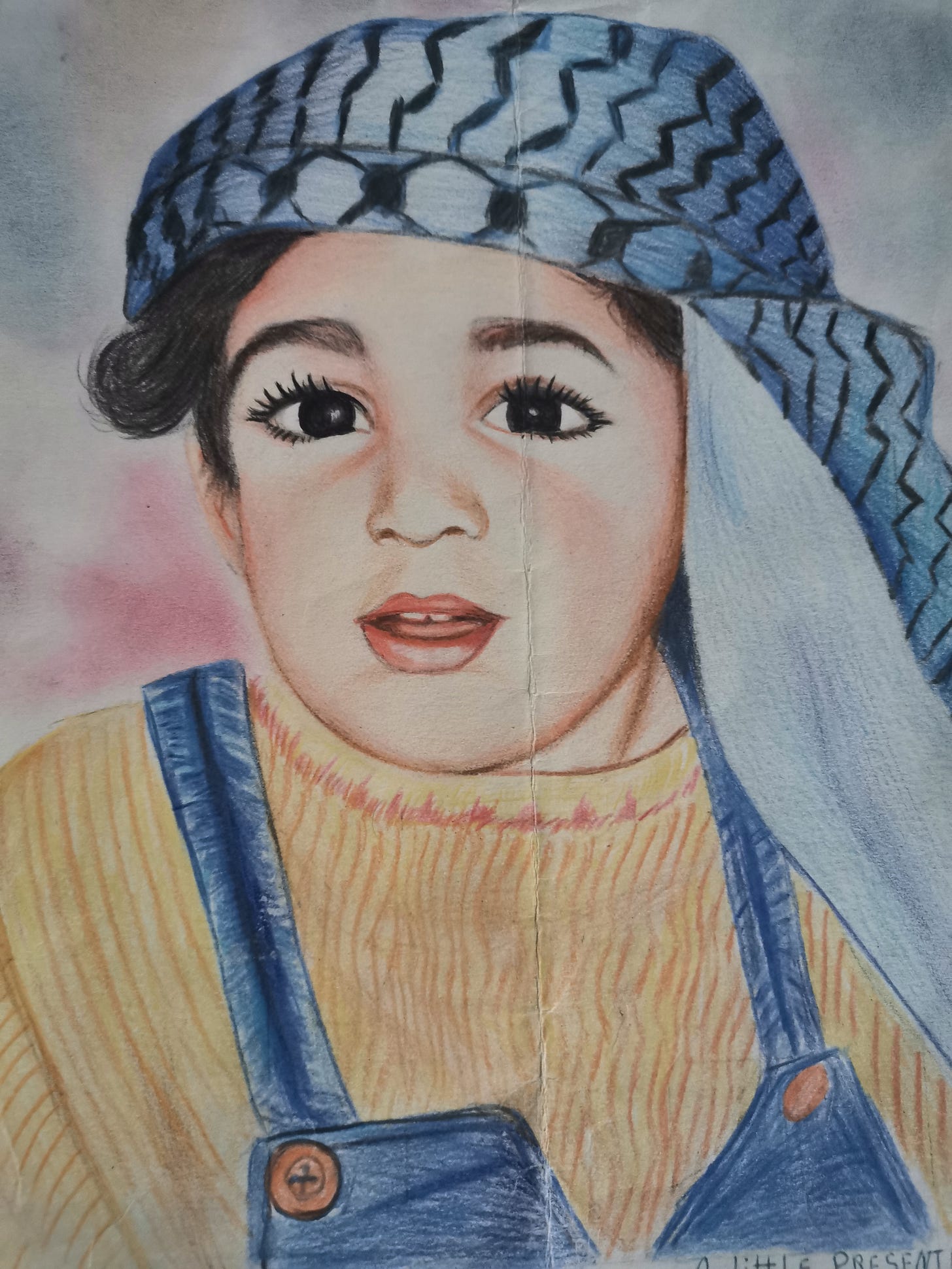

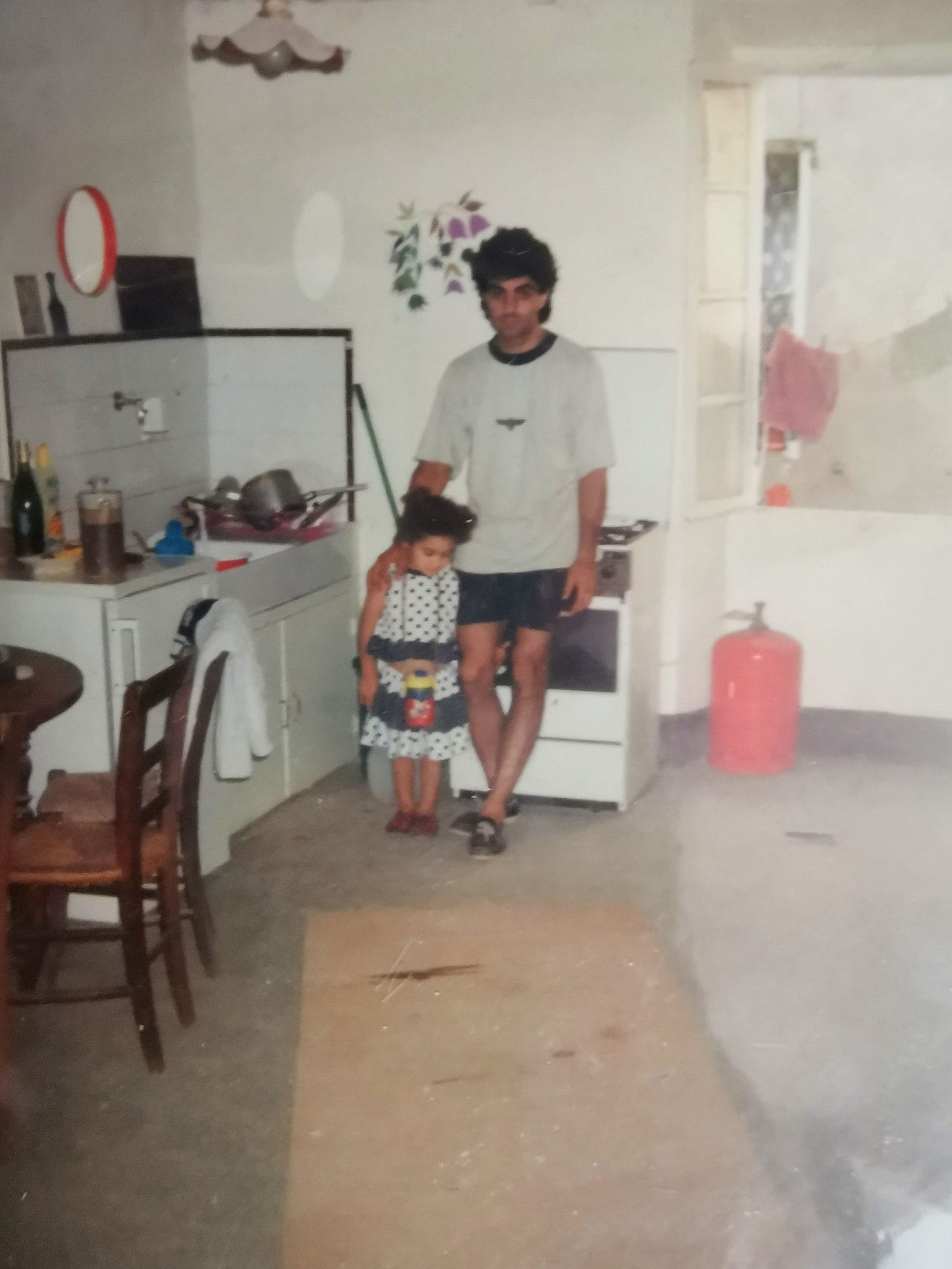

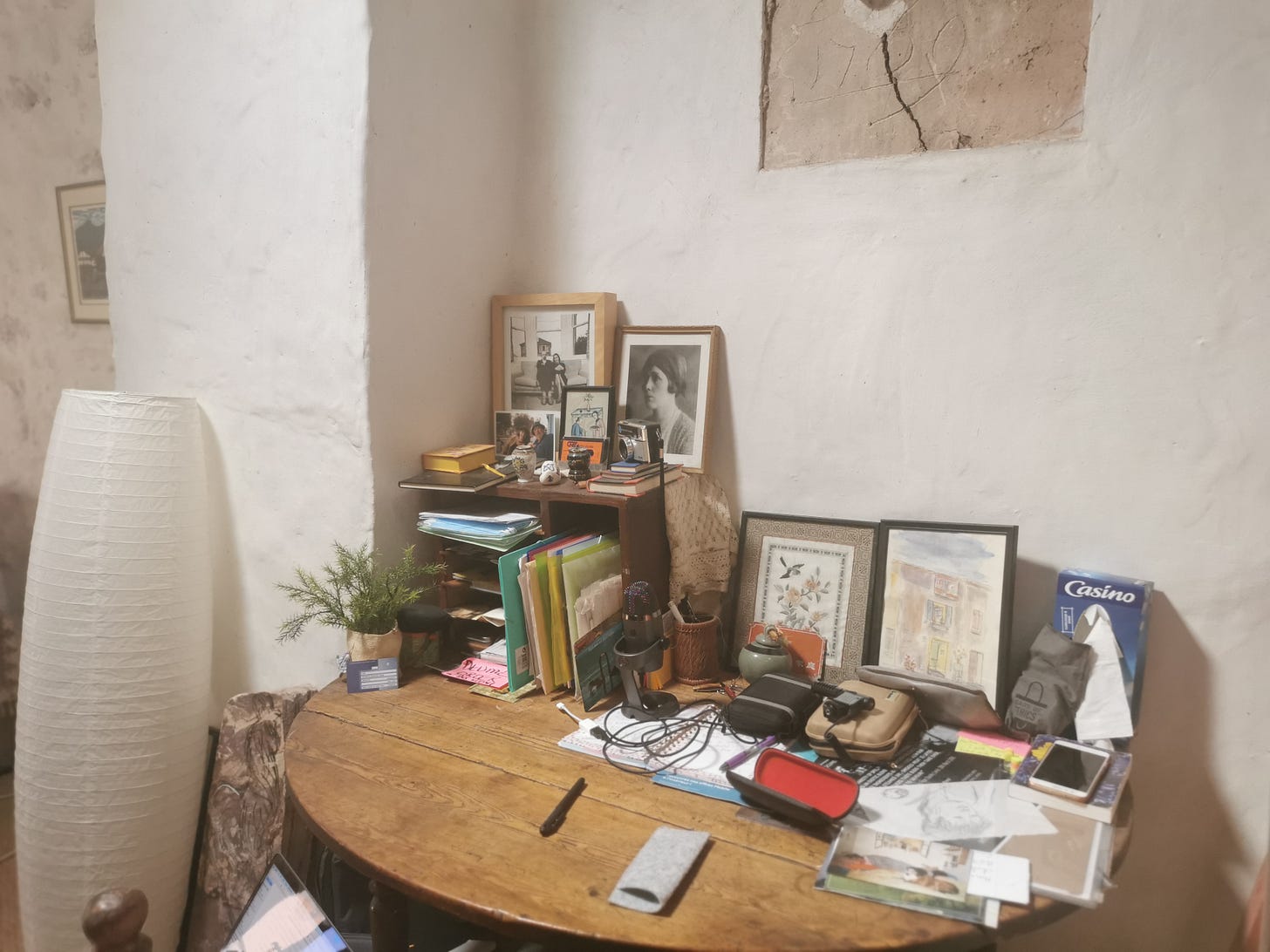
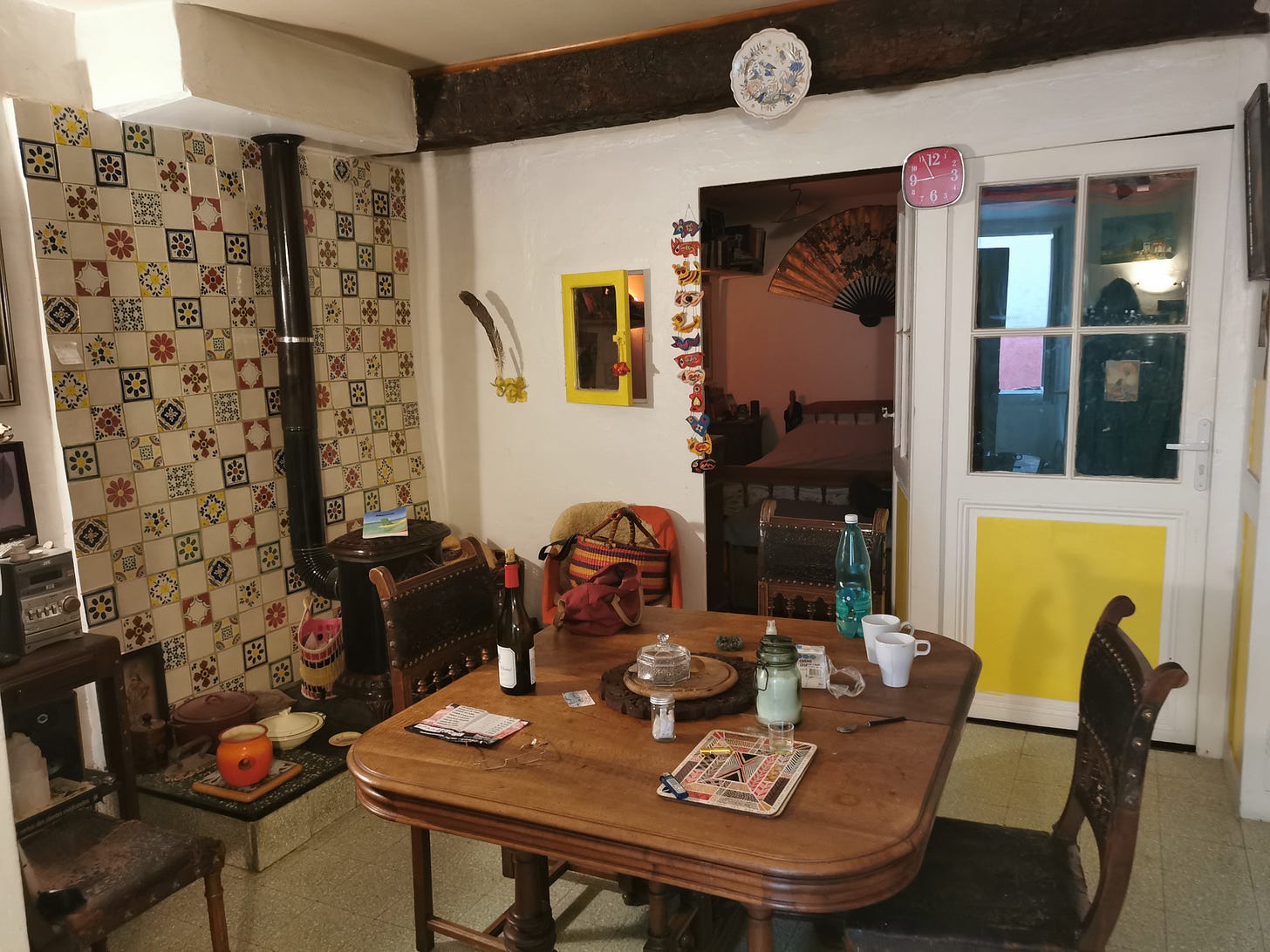
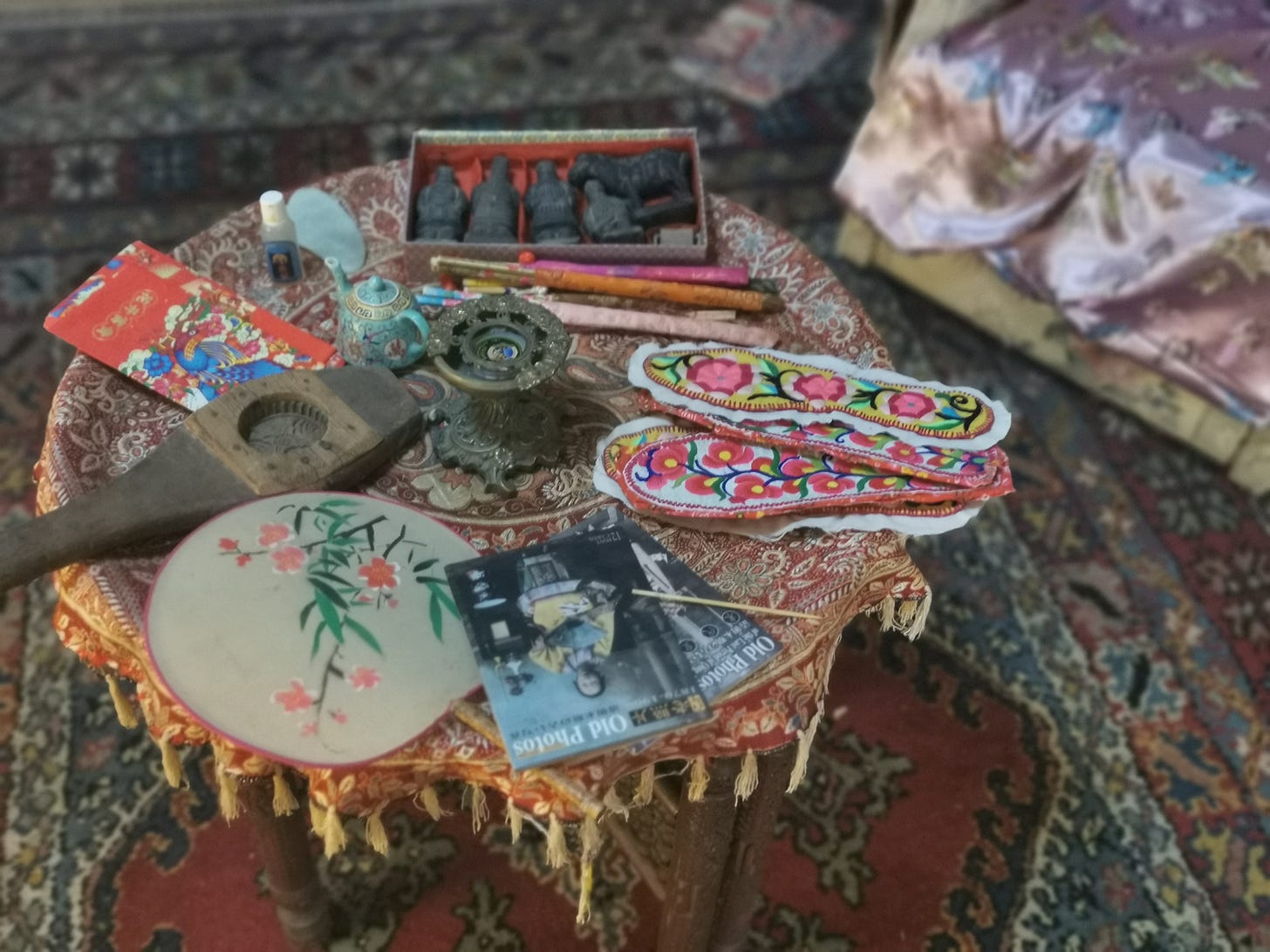

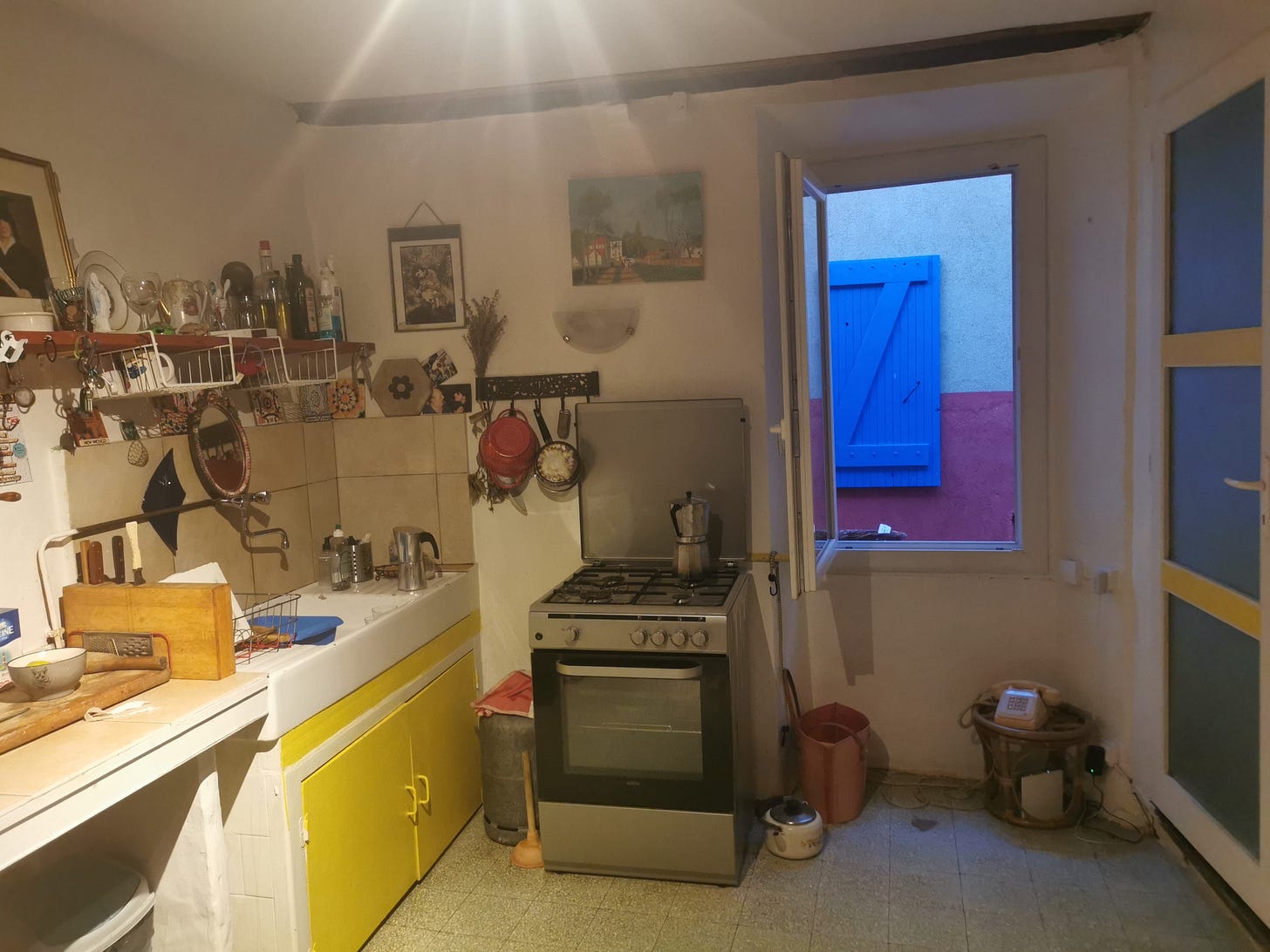
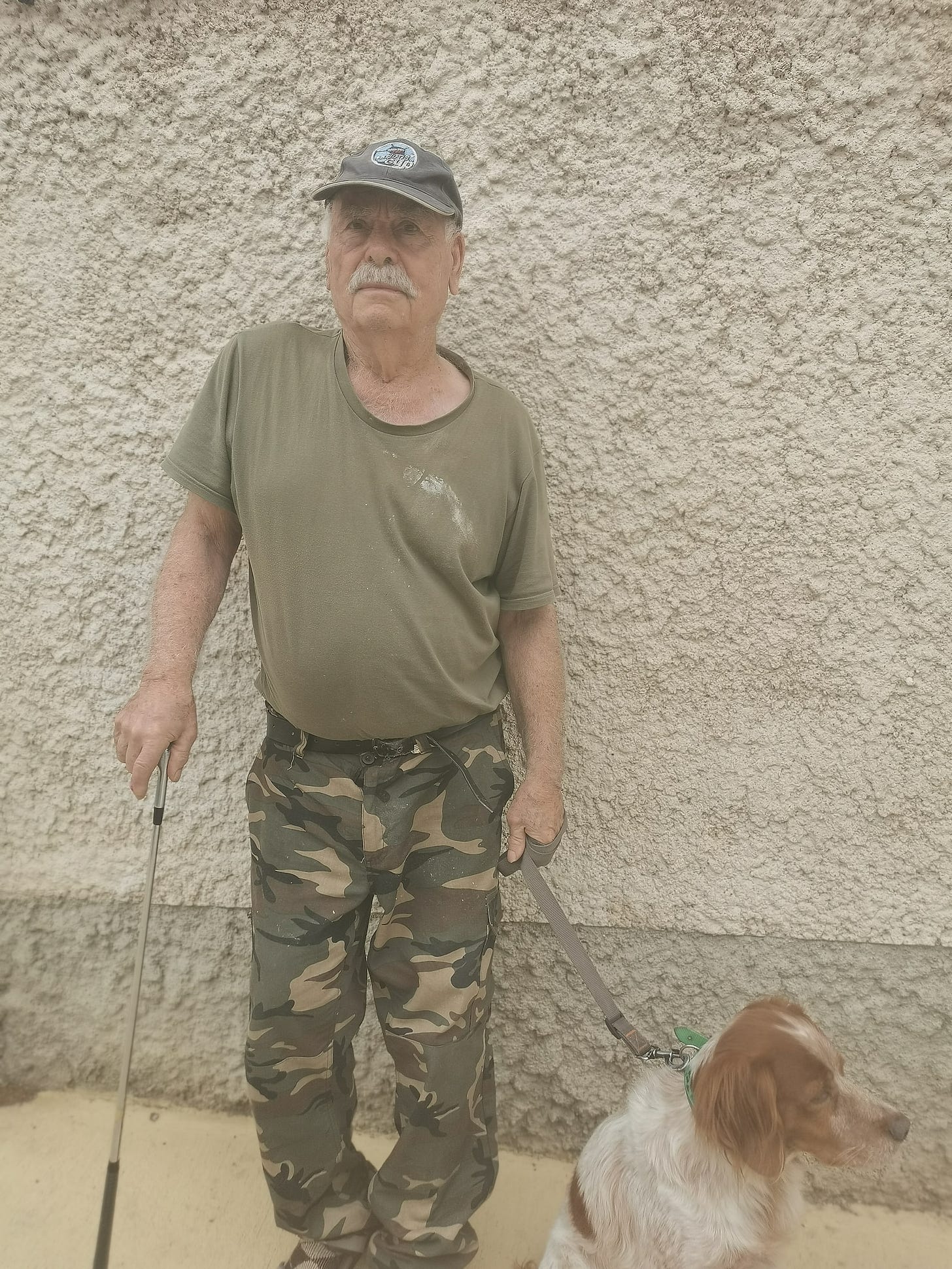
Everything that Alvaro said, plus, what a chance to be able to read so many lovely, lovely details not only about the house, but how it happened that you got it, what happened after, and how it changed as less as possible waiting for your return. And how she must be glad, in a sense, that you can't leave for quite a while :)
One can easily feel the passage of time in your account. But what attracts my attention even more is the care you use when you flip a page. One says "Observe how a person treats an animal and you will know how that person treats other human beings." But you go one step further : you treat an old house with respect and even tenderness. You want the house to feel like its old self, surrounded by some of its old familiarities. You do not rip its guts out so that the house would better fit into modernity. The contents you let them be, because they are connected to your old emotions upon which are built your present emotions. Thank you Jeanne for taking us into the meanders of your heart pulsating memories.